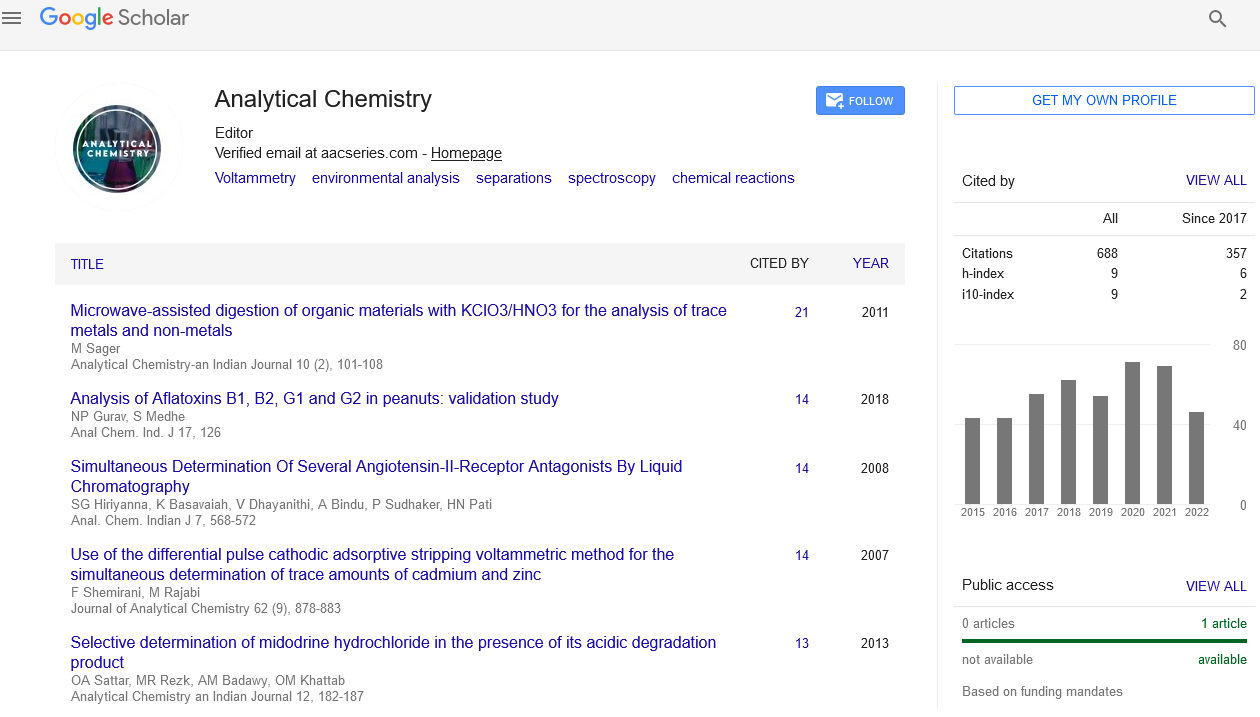Abstract
Unravelling the electro-catalytic treatment of acrylonitrile wastewater using the Mn/Sn doping Ru-Ir electrode: kinetics, optimization and mechanism
Author(s): Zhen-xing Yang, Ding Pan, Xue Li, Jian-jun Gong, Jian Zhao, Tong-jun Zhao and Shao-hui GuoThe prepared Mn/Sn doping Ru-Ir electrode was used as the anode to investigate the removal of acrylonitrile wastewater by electro-catalytic technology. The oxygen evolution potential and chlorine evolution potential of Mn/Sn doping Ru-Ir electrode were 1.3278V (vs. SCE) and 1.1243V (vs. SCE), respectively, which were better than those of Ru-Ir electrode. The kinetics of electro-catalytic treatment of acrylonitrile accorded with the zero-order kinetics equation. Response urface Methodology (RSM) explained that the interaction of=voltage, current and pH on the removal rate of acrylonitrile was consistent with the 2FI model. What’s more, the optimal treatment conditions were as follows: pH was 10.12, reaction time was 39.64 min, and current was 0.81 A. The electro-catalytic removal of acrylonitrile was mainly dominated by direct oxidation coupled with indirect oxidation. Acrylonitrile gained and lose electrons on the electrode surface to be directly degraded, and was also directly oxidized by hydroxyl radicals adsorbed on the electrode surface (OHads). In addition, free chlorine and hydroxyl free radicals (·OH free) desorbed from the electrode surface can indirectly mineralize acrylonitrile. The removal rate of acrylonitrile, the denitrification rate, and the mineralization rate of organic matter could reach 100.00%, 85.87%, and 72.40%, respectively. In the light of experimental results, Mn/Sn doping Ru-Ir electrode would be a promising anode for acrylonitrile removal, and the electro-catalytic technology was confirmed to be efficient to treat acrylonitrile wastewater with the effect of denitrification and organic mineralization.

